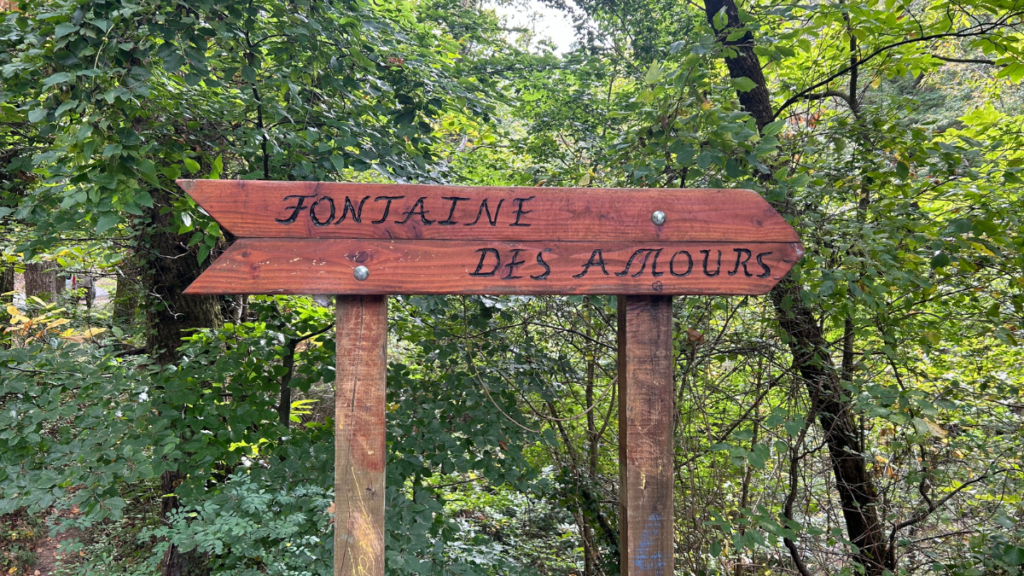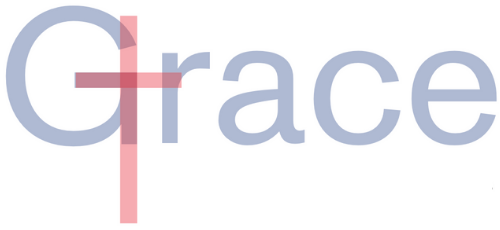
Perhaps you know that one of my most oft repeated nudges, for myself and others, is ask better questions. Frequently, it’s not that our answers are lacking, it’s that our questions don’t draw much forward that is really of any use to us. We assume too much; we are not curious. We like things the way they are and we are not encouraged to challenge any of it with a better question that re-imagines what is, or what could be. If we ask limited questions, we will get narrow answers. If we want to expand, we must ask questions that make space for growth in body, heart and mind.
Last week I was on retreat in the Languedoc region of France, currently known as Occitanie, in a town just about 90 minutes outside of Toulouse. I carried with me the question I’ve been kicking around, off and on, for a while now: what have you always known that you’ve never been taught? I spent the week considering the Gospel of Mary Magdalene and the Gnostic traditions that, for centuries, have been begging us to ask better questions and listen deeply to the whispers of answers (and more questions!) that rise up from our own hearts, crackling with vibrations from that divine spark inside each of us.
Gospel of Mary Magdalene? Let me backup a bit here. The earliest writings in the standard New Testament came from the apostle Paul, who never knew Jesus personally before the crucifixion, about 20 years after Jesus’ death. Then came the four canonical gospels, which we all know, written variously in the time period from about 30-80 years after Jesus died. It’s been well known for years, since the discovery of many ancient early Christian texts found in 1945 at Nag Hammadi, that there are “other gospels” written between the second and fourth centuries.
The Gospel of Mary was first discovered in 1896 in an antiquities market in Cairo. It is well-known as The Berlin Codex, so named because it was taken to the Egyptian Museum and stored in Berlin. Another fragment was discovered in 1917, and yet another in 1983. The first time we ever saw a published translation of the Gospel of Mary was in 1955. If you’d like to know more about the history of this manuscript, I will direct you to the introduction of Karen King’s The Gospel of Mary of Magdala: Jesus and the First Woman Apostle as it is too much to outline here. In short, the Gospel of Mary is a thing. A very real thing.
Throughout my girlhood/adolescence/young adulthood/now, I remember wanting to know what the Bible really said, because I felt that what we had (and how we seemed to apply it) could not possibly be all there was. It’s why I learned to read three kinds of ancient Greek, a lot of Latin and enough Hebrew to get by: I wanted to know what it said, and I wanted to know myself. I learned to ask a lot of questions. I have always been a storyteller (I’m Irish!) and had a spidey sense for when a story was good but – with some salt, a bit more spice and flash of acid – could be that much better and even closer to telling us something true. It has been one of the great sources of grief in my life to hear the pinging call of the heart of the gospels and also hear in minor key, from church and culture, that I am “second class” as a woman and, worse, to believe that. The messaging was most often subtle, and while it was not everywhere, it was always found in more places than it was not. What have I always known that I’ve never been taught? I suspect I have long known that Jesus meant to establish a church, from the start, where men and women, as whole human beings, held leadership and spiritual direction equally as an essential part of Jesus’ vision for redemption and community. My grief, sometimes anger, has been that this message seemed to have a hard time getting heard, and the damage done in the wake of muting it is historical and personal to me, and to many, men and women alike.
In the introduction to his translation of The Gospel of Mary Magdalene, author/translator Jean-Yves LeLoup wrote, “Rather than speaking of the creative thought, we must speak of the creative imagination – those who desire to understand nature and world events must learn to dream before learning to think.” Cheers to that. Dreaming of what we have never seen in completion requires bravery and a willingness to, as Steve Jobs famously said, “think different.” We will not transform, much less heal, without first dreaming of what we have not yet been able to manifest so far.
You might be wondering:
- If we’ve had this Gospel of Mary since 1896, and a translation since 1955, why haven’t I heard of it?
- What difference does it make to have a Gospel of Mary?
- Wait, isn’t Mary Magdalene a prostitute (more on this later, but short answer? No.)
- Why do we only have four gospels in rotation, if we know there are so many more?
- How does this change…anything that we hold dear? Does it?
- What do I “hold dear,” and why do I hold it that way? What has it meant to me?
Keep going! Ask the better questions. Take nothing off the table, even if it makes you mad or scares you. I find that when we suppress a question, or ignore something in black and white, it can take on a life of its own. Better yet: ask these questions in community. Find the other seekers.
This Sunday the lectionary serves up one of my favorite questions in the entire Bible, asked by none other than God: “Where were you when I laid the foundation of the earth? Tell me if you have understanding” (Job 38: 4). I have long loved this question and let it humble me. Where was I, then? I was nowhere, I was everywhere. I was in the heart of God. I don’t know where I was…but my satellite coordinates when foundations were laid is not really the point of the question. I do not know why the Gospel of Mary did not make the original cut into the Bible, I do not know why it is getting so much press right now, I do not know why women were second class in church, in the workplace, in the home, in ____________ for so long and I definitely don’t know why we haven’t yet sorted this in a way that brings justice, dignity and wholeness both to women and to men in all the places we find ourselves. Where was I when God laid the foundation of the earth, anyway? What is this all about, and why did I ever expect it was all going to happen on a timeline that satisfies me? Yet, something is happening…now.
Then Mary stood up and greeted them; she tenderly kissed them all and said,
“Brothers and sisters, do not remain in sorrow and doubt
for his grace will be with you and will shelter you.
Instead, let us praise his greatness for he has prepared us for this
and is calling upon us to be true human beings (anthropos).
– Mary 5: 4-8
My friends, what have YOU known, deeply, that you’ve never been (adequately) taught?
How do you know it’s true?
Where did that knowing come from?
Where does it lead you?
Bless it. Bless it all,
Sarah Christopher
Associate Pastor

Recent Comments